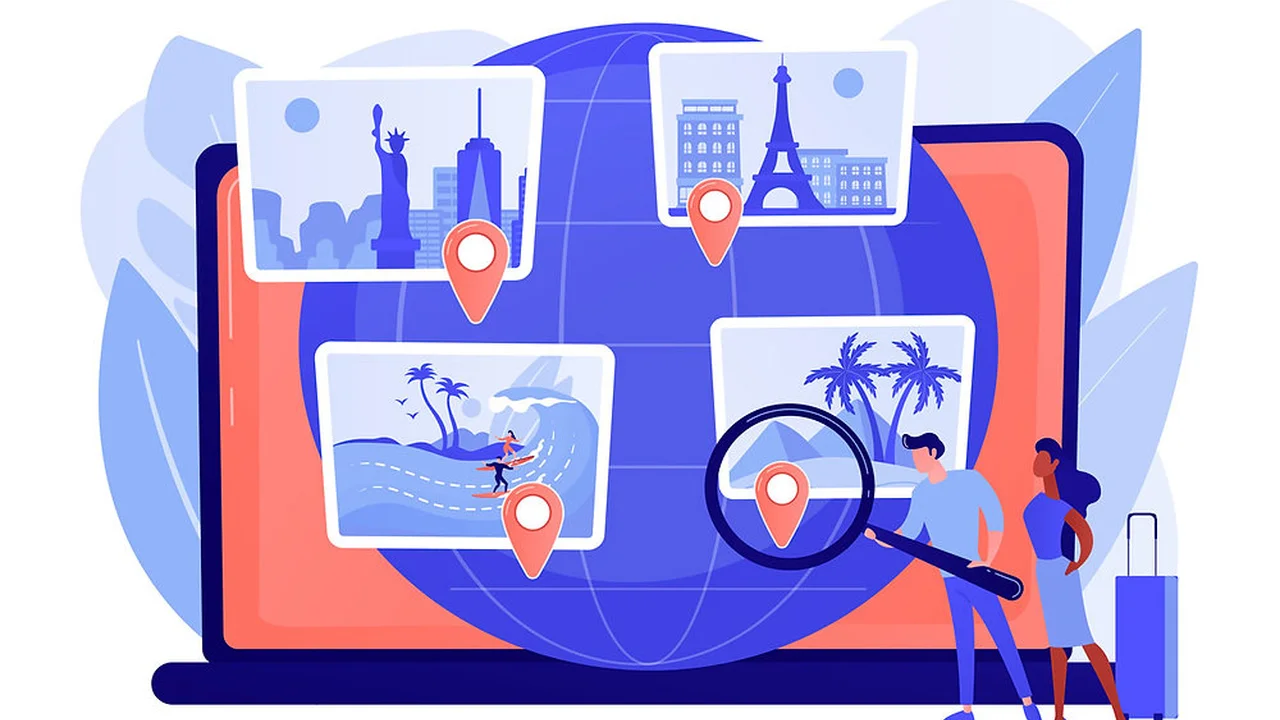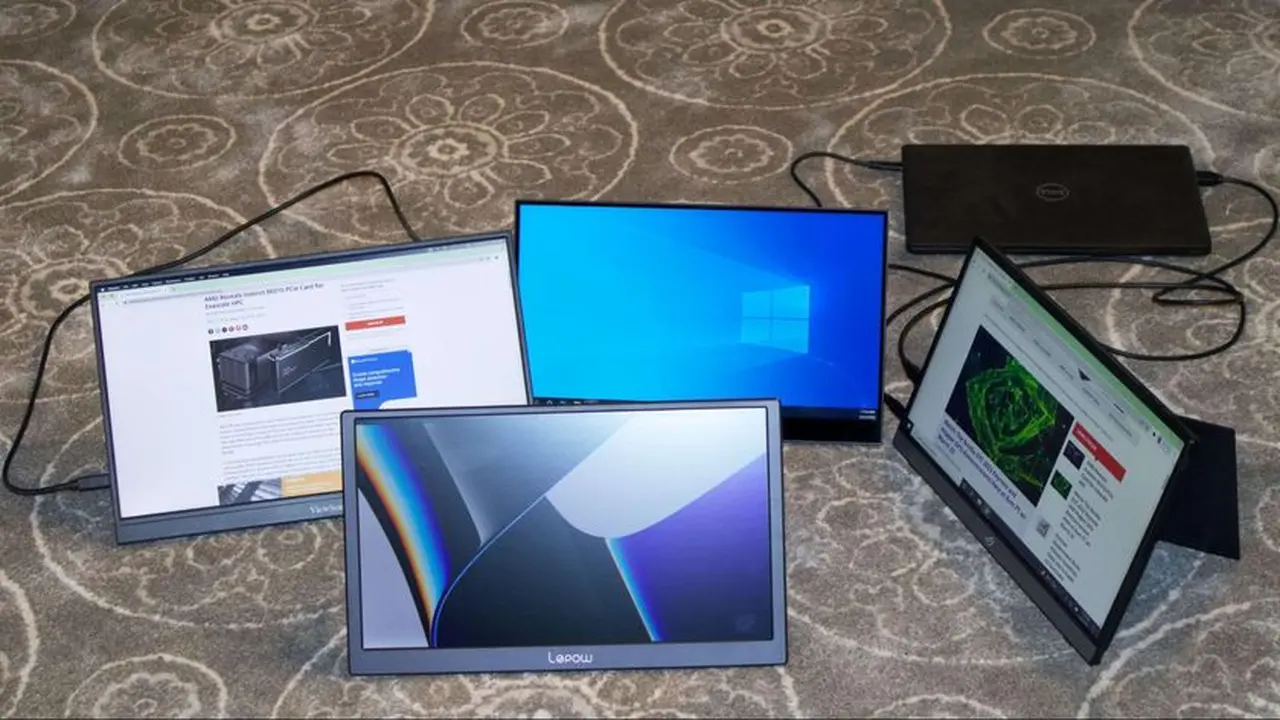Cultural Immersion Tips
Immerse yourself in local cultures and enhance your travel experiences. This guide provides practical tips for engaging with local communities, respecting customs, and learning new languages. Deepen your understanding of the world.

Understanding Cultural Immersion Definition and Benefits
So, you're ready to ditch the tourist traps and dive headfirst into a new culture? Awesome! Cultural immersion is all about actively engaging with the local environment, customs, and people of a place. It's not just about seeing the sights; it’s about experiencing life as a local. Why bother? Well, for starters, it’s way more rewarding than just snapping photos. You'll gain a deeper understanding of the world, challenge your perspectives, and create memories that last a lifetime. Plus, it's a fantastic way to grow as a person – you'll become more adaptable, empathetic, and open-minded.
Pre-Trip Preparation: Research and Mindset for Cultural Immersion
Before you even pack your bags, do your homework. Research the country you're visiting: its history, social norms, and even current events. Knowing a little bit about the local context can help you avoid awkward situations and show respect for the culture. For example, in some countries, pointing your feet at someone is considered rude. A little research goes a long way! Equally important is your mindset. Be open-minded, curious, and ready to embrace the unexpected. Leave your preconceived notions at home and be willing to step outside your comfort zone. Remember, you're a guest in their country, so be respectful of their way of life.
Engaging with Local Communities: Tips for Meaningful Interactions
Okay, you've arrived! Now, how do you actually immerse yourself? First, ditch the tour bus and explore like a local. Use public transportation, visit local markets, and eat at family-run restaurants. These are great ways to interact with locals and get a feel for everyday life. Don't be afraid to strike up conversations. Even a simple \"hello\" or \"thank you\" in the local language can go a long way. Ask questions, show genuine interest, and be respectful of their time. Remember, people are usually happy to share their culture with you, but avoid being intrusive or demanding.
Respecting Local Customs and Traditions: Avoiding Cultural Faux Pas
Respect is key to cultural immersion. Learn about local customs and traditions, and make an effort to follow them. This could mean dressing modestly when visiting religious sites, removing your shoes before entering someone's home, or avoiding public displays of affection. When in doubt, observe what the locals are doing and follow their lead. If you're unsure about something, don't be afraid to ask. Most people will appreciate your effort to be respectful. Avoid making assumptions or generalizations about the culture. Remember, every culture is complex and nuanced, and there's always more to learn.
Learning Local Languages: Tools and Techniques for Communication
Learning even a few basic phrases in the local language can significantly enhance your cultural immersion experience. It shows respect for the culture and makes it easier to connect with locals. Start with greetings, basic phrases like \"please\" and \"thank you,\" and essential words for ordering food or asking for directions. There are plenty of resources available for learning languages, including language learning apps like Duolingo and Babbel, online courses, and language exchange partners. Don't be afraid to make mistakes! People will appreciate your effort to speak their language, even if you're not fluent.
Food and Drink: Exploring Local Cuisine for Cultural Immersion
Food is an integral part of any culture, so be sure to explore the local cuisine. Try new dishes, visit local markets, and take a cooking class. Eating with locals is a great way to learn about their traditions and customs. Be adventurous and try foods you've never had before. You might discover your new favorite dish! Be mindful of local customs when eating. In some cultures, it's considered rude to eat with your left hand or to refuse food that's offered to you. Research local dining etiquette before you go.
Accommodation Choices: Immersing Yourself Through Local Stays
Where you stay can significantly impact your cultural immersion experience. Consider staying in a locally owned guesthouse, homestay, or Airbnb instead of a chain hotel. This will give you the opportunity to interact with locals and learn about their way of life. Many homestays offer cultural activities like cooking classes, language lessons, and guided tours. These are great ways to deepen your immersion and create lasting memories. Be respectful of your host's home and customs. Remember, you're a guest in their home, so be considerate and follow their rules.
Recommended Products for Cultural Immersion
Language Learning Tools: Enhance Your Communication
To truly connect with locals, learning their language is invaluable. Here are a few tools to help you on your journey:
- Duolingo: A free, gamified language learning app. Great for beginners.
- Babbel: A subscription-based app with structured courses and personalized learning.
- Memrise: Uses flashcards and mnemonic techniques to help you memorize vocabulary.
- iTalki: Connects you with native speakers for one-on-one lessons (paid).
Example Scenario: Imagine you're in Thailand. Knowing basic Thai phrases like \"Sawasdee\" (hello) and \"khop khun\" (thank you) will instantly make you more approachable and show respect. Using Duolingo for even 15 minutes a day before your trip can make a big difference.
Translation Devices: Bridging the Language Gap
While learning the language is ideal, sometimes you need instant translation. Here are a few options:
- Google Translate App: Free, supports over 100 languages, and can translate text, speech, and even images.
- Pocketalk: A dedicated translation device with excellent accuracy and real-time translation (paid, around $300).
- Travis Touch Plus: Another dedicated device with offline translation capabilities (paid, around $200).
Comparison: Google Translate is a great free option for basic translations, but Pocketalk and Travis Touch Plus offer better accuracy and are ideal for more complex conversations. Pocketalk is generally considered slightly more accurate, while Travis Touch Plus has the advantage of offline translation.
Example Scenario: You're at a local market in Vietnam, and you want to ask about the ingredients in a dish. Using Google Translate on your phone, you can quickly translate your question and understand the vendor's response.
Cultural Guides and Books: Understanding Local Norms
Before and during your trip, consult cultural guides to understand local customs and etiquette:
- Culture Smart! Series: Country-specific guides covering everything from greetings to business etiquette (around $10-$15 per book).
- Lonely Planet Guides: Offer insights into local culture and customs, in addition to travel tips (price varies).
- Local Blogs and Websites: Often provide the most up-to-date information on local events and customs.
Example Scenario: Before visiting Japan, reading a Culture Smart! guide will help you understand the importance of bowing, removing your shoes indoors, and avoiding public displays of affection.
Ethical Considerations: Respectful and Responsible Cultural Immersion
Finally, it's important to be mindful of the ethical considerations of cultural immersion. Avoid cultural appropriation, which is the adoption or use of elements of a culture by members of another culture without understanding or respecting their original context. Support local businesses and organizations, and avoid activities that exploit or harm local communities. Be a responsible traveler and leave a positive impact on the places you visit.
Documenting Your Experiences: Sharing Stories and Insights Respectfully
Sharing your experiences can be a great way to inspire others to embrace cultural immersion. However, it's important to do so respectfully. Avoid sensationalizing or romanticizing other cultures. Focus on sharing your personal experiences and insights, and be mindful of the impact your words and images may have on the local community. Ask for permission before taking photos of people, and be respectful of their privacy. Use your platform to promote cultural understanding and respect.
:max_bytes(150000):strip_icc()/277019-baked-pork-chops-with-cream-of-mushroom-soup-DDMFS-beauty-4x3-BG-7505-5762b731cf30447d9cbbbbbf387beafa.jpg)






